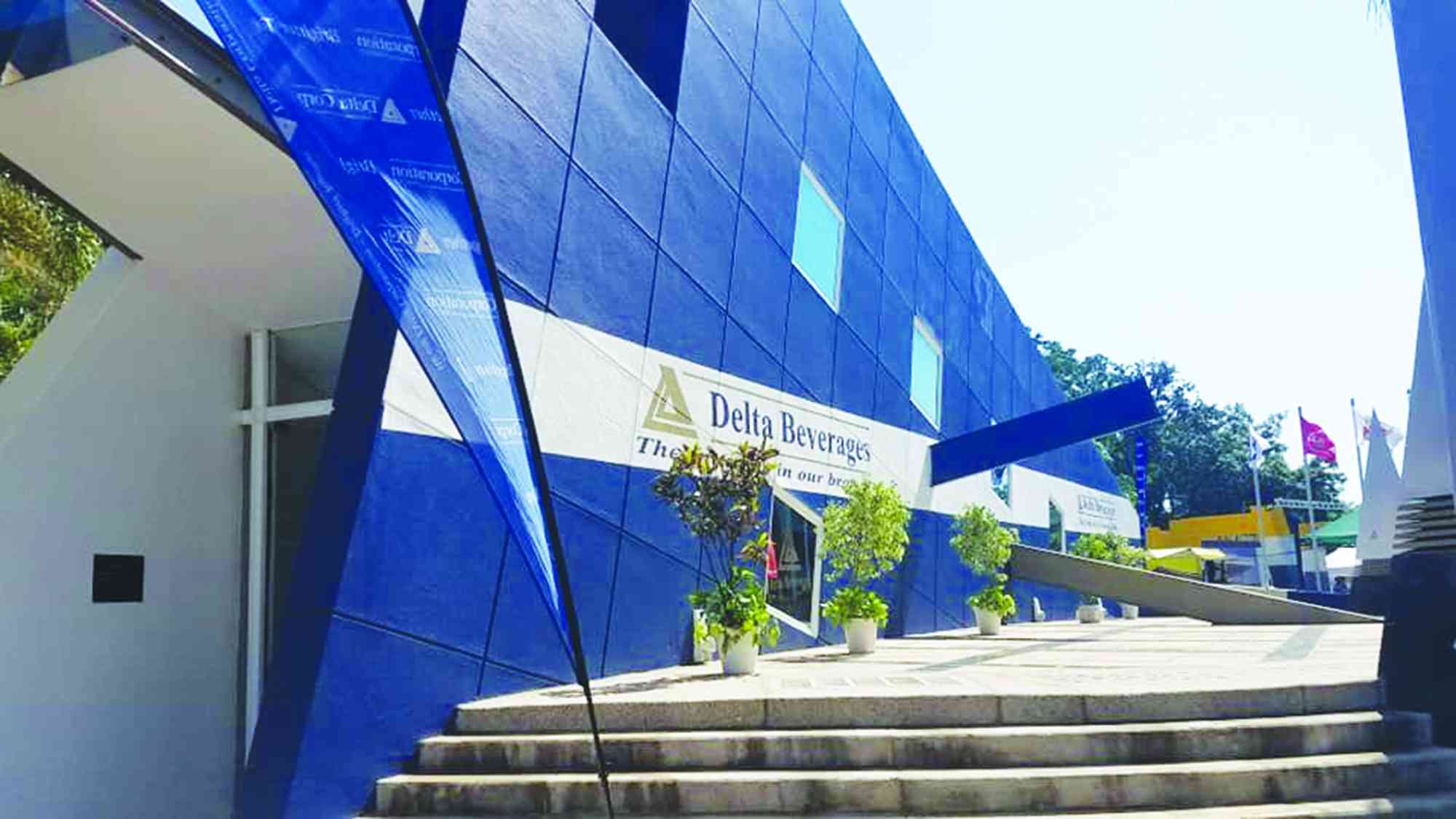
DELTA Corporation Limited says Treasury’s move to waive the sugar tax between the period January 1 and February 8 this year will not change its beverages prices as it had not factored in the changes pending changes to tax legislation.
In last week’s 2024 Mid-Year Budget Review statement, Finance, Economic Development and Investment Promotion minister Mthuli Ncube waived the sugar tax payable in the period January 1 to February 8 this year.
During that period, the sugar tax was US$0,02 per gramme.
This was reduced to US$0,001 on February 9 through Statutory Instrument 16 of 2024.
“Most beverage manufacturers were dissuaded from implementing the tax measures announced in the 2024 budget per the ministerial statement of January 8 and engagements with the relevant ministries,” Delta corporate affairs general manager Patricia Murambinda told NewsDay Business in response to the waiver announcement.
“The legislation was not amended, therefore, as Zimra [Zimbabwe Revenue Authority] were intending to collect in terms of the law. The mid-term [statement] is addressing this gap. It won’t affect current pricing of beverages. The crediting of those that paid is an acceptable refund process.”
The January 8 ministerial statement by Ncube announced the reduction in the sugar tax to US$0,001 per gramme of sugar.
However, as the law was only legislated on February 9, beverage makers were still liable to pay the US$0,02 sugar tax per gramme of sugar contained in drinks between January 1 and February 8.
- Delta shines as headwinds torment ZSE firms
- The role of PR & communications in 2022
- US dollar dividends are back: What does this signal?
- Business leader Enos Chiura dies
Keep Reading
“Although legislative provisions mandating the collection of sugar tax were in place from January, consultations between government and the beverage industry resulted in transitional measures that delayed the price changes arising from the proposed tax,” Delta said in its trading update for the first quarter ended June 30 released last Friday.
“Management continues to engage with Zimra and government to find a workable solution that recognises the social contract among stakeholders. At this stage, the board cannot estimate the likely outcome or timing of the resolution of these matters.”
Delta group finance director Alex Makamure revealed in May the sugar tax would cost the firm US$46 million, on top of existing taxes.
For its 2024 financial year ended March 31, 2024, Delta paid US$142 million in taxes.
“The fiscal and monetary measures being implemented in Zimbabwe are still in their early stages, requiring policy refinements to ensure the stability of the new currency,” Delta said.
“The beverage sector, in particular and, indeed, the broader market, have been affected by the sugar tax and restrictions on route-to-market strategies. Ongoing engagements with the government aim to address disparities impacting competitiveness caused by the sugar tax compared to regional peers.”
Delta has four main beverage segments — lager beer, sparkling beverages, sorghum beer and wines and spirits.
During its quarter under review, for its sparkling beverages, volumes were up 11% only due to a delay in implementing sugar tax-induced price increases.
However, the sector’s competitiveness was affected by the sugar tax, resulting in increased informal imports.
Further, at its associate entity, Schweppes Holdings Africa Limited, in which Delta has a 49% stake, a volume decline of 12% for the quarter was recorded due to significant price increases resulting from the sugar tax, which particularly affected cordials.
The lager and wines and spirits segments recorded growths of 9% and 6%, respectively.
“Sorghum beer volume in Zimbabwe declined by 10% for the quarter compared to the previous year,” Delta said.
“This reduction was due to the cessation of exports to regional markets following the completion of capital projects in those countries and the onset of the drought.”
Delta is the country’s largest beverage maker.










